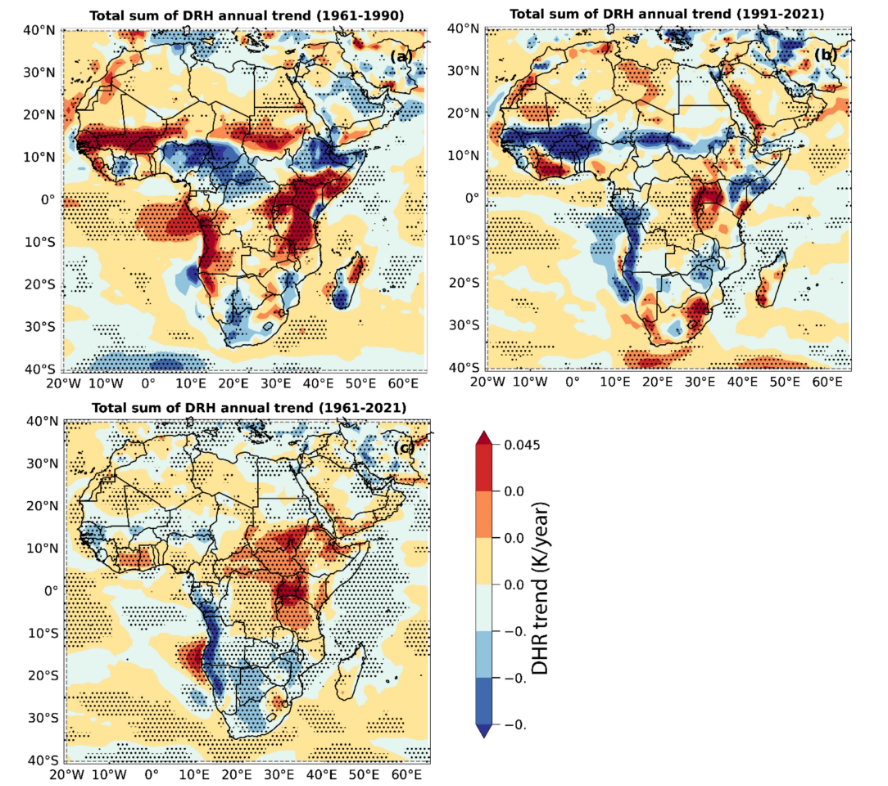Who We Are
Geography is the geospatial science that explores the relationship between human and biophysical systems and deals with some of the most critical issues of our time such as environmental hazards, climate change, sustainability of resource management systems, international development, and community and urban planning. Understanding the concept of place, including how and why places differ from each other, is a central concern. Students who have social and economic interests can enter into careers in international development, urban and regional planning, geographic information systems, and environmental consultancy. Students who combine the study of socioeconomic factors and the biophysical world can work in resource management, conservation, environmental assessment, and watershed and coastal planning.
Recent News
- Anusha Chaudhary awarded the 2025 Ruth McQwoun Scholarship
April 14, 2025
 We are delighted to announce that Anusha Chaudhary was awarded the Ruth McQwoun Scholarship. Congratulations! This award is granted to students ...
We are delighted to announce that Anusha Chaudhary was awarded the Ruth McQwoun Scholarship. Congratulations! This award is granted to students ... - Mean daily temperatures predict the thermal limits of malaria transmission better than hourly rate summation
April 14, 2025
 Temperature shapes the geographic distribution, seasonality, and magnitude of mosquito-borne disease outbreaks. Models predicting transmission often use mosquito and pathogen ...
Temperature shapes the geographic distribution, seasonality, and magnitude of mosquito-borne disease outbreaks. Models predicting transmission often use mosquito and pathogen ... - The overlapping global distribution of dengue, chikungunya, Zika and yellow fever
April 14, 2025
 Arboviruses transmitted mainly by Aedes (Stegomyia) aegypti and Ae. albopictus, including dengue, chikungunya, and Zika viruses, and yellow fever virus in urban settings, pose an ...
Arboviruses transmitted mainly by Aedes (Stegomyia) aegypti and Ae. albopictus, including dengue, chikungunya, and Zika viruses, and yellow fever virus in urban settings, pose an ... - Olivia Zhang receives the 2025 John R. and Fawn T. Dunkle Geography Award
April 14, 2025
 We are very happy to announce that the winner of the 2025 John R. and Fawn T. Dunkle Geography Award ...
We are very happy to announce that the winner of the 2025 John R. and Fawn T. Dunkle Geography Award ... - Spatiotemporal variation in frequency of persistent hot spell events over Africa
April 10, 2025
 This study examines the long-term variation of the annual occurrence frequency for the Persistent Hot spell Events (PHEs) over the ...
This study examines the long-term variation of the annual occurrence frequency for the Persistent Hot spell Events (PHEs) over the ...